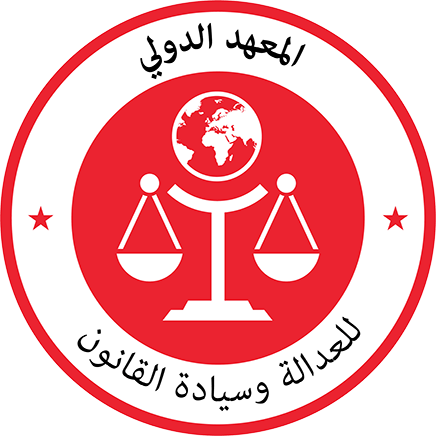Capacity-Building with Significant National and Regional Level Results
The IIJ, through the Global Central Authorities Initiatives, is a leader in the effort to support these practitioners and facilitate more effective international judicial cooperation. The foundation of this work are the IIJ Good Practices for Central Authorities, which support operationalisation of Good Practice 9 of the Rabat Memorandum on Good Practices for Effective Counterterrorism Practice in the Criminal Justice Sector, the UN Global Counter-Terrorism Strategy and relevant UN Security Council Resolutions, (e.g. 2322, 2396).
Building on a series of successful regional workshops in Africa and the Middle East throughout 2019 and early 2020, the IIJ worked with Central Authority officials and IIJ Alumni to identify specific areas that required further support. The harmonisation of the processing of inbound and outbound mutual legal assistance (MLA) and extradition requests was identified as an urgent priority.
Collaboration with both Domestic and Regional Impact
Starting with the East Africa Region, the IIJ worked with Central Authority legal counsel and prosecutors in Kenya, Tanzania and Uganda, leading a highly successful project to produce a standardised set of regional MLA procedural guidelines. Tanzania has already formally adopted the guidelines, and Uganda will soon follow. In addition, both countries are proactively taking the next steps needed to strengthen their institutions: Tanzania has taken the lead in drafting a operational manual, based on the guidelines, for its new practitioners; and, at Uganda’s request, the IIJ has been working at the national level to build the capacity of its Central Authority practitioners.
A Model for Success
Building on and replicating this success, the IIJ then worked with practitioners in West Africa, specifically Cameroon, The Gambia, Ghana and Nigeria. Partnering with the United Kingdom Central Authority (UKCA), the IIJ facilitated the drafting of regional guidelines based on the IIJ Good Practices, followed by bilateral work with The Gambia, Ghana and Nigeria to support operationalisation – a great result.
Building Regional Momentum
The impact of harmonising regional approaches is significant: establishing standardised approaches to MLA across these regions not only supports successful investigations and prosecutions, but builds further momentum towards and confidence in cross-border judicial cooperation and inter-regional collaboration.
The IIJ is not stopping there. In the coming year, the IIJ Global Central Authorities Initiative will support practitioners in the MENA region and French-speaking West African countries. The Institute is also proudly partnering with the International Conference of the Great Lakes Region (ICGLR) and the United Nations Office of the Special Envoy for the Great Lakes (O/SESG-GL) to further expand the scope of the standardised MLA guidelines to all other ICGLR Member States, with both the guidelines and a concrete timeline for implementation set to be presented for endorsement by Justice Ministers.

